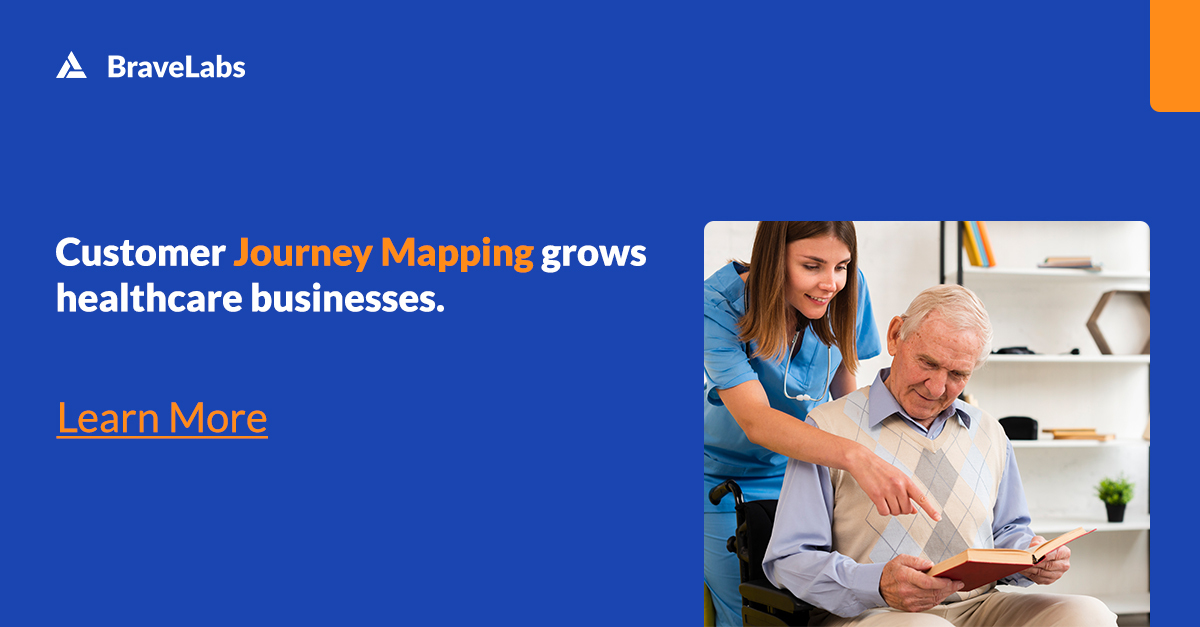Developing a Content marketing strategy that works for healthcare practitioners
A content marketing strategy can help you to market your expertise and knowledge to the right audience.
Introduction
Content marketing is a strategy
that takes your expertise and knowledge to the internet, where it can be found
by the right people. It’s also a form of advertising that helps you build trust
with your audience while generating leads and sales. In this guide, we’ll
explore how to develop a content marketing strategy that works for healthcare
practitioners like you.
This article is for healthcare
practitioners who want to build a medical content marketing strategy that
works. This article will help you understand the importance of developing an
effective content marketing strategy, and what steps you should take in order
to get there. It will also provide some tips on how to evaluate your current
practices and decide which direction you should head towards next.
How Do I Get Started?
Now that you have a clear idea of
what it means to develop a content marketing strategy, let’s look at the steps
involved in creating one.
• Identify Your Goals: What are your
goals? Are they specific and measurable (e.g., increase website traffic by
20%), or more general and aspirational (e.g., improve patient satisfaction)?
Once you’ve identified what you’re trying to accomplish, it’s important to
break down each of these into smaller pieces so that they’re manageable and
achievable using your available resources (including time). For example, if one
goal is “to increase website traffic,” then another could be “to double the
number of visits per month.” This will help ensure that when it comes time for
implementation there won’t be any surprises along the way!
• Identify Your Audience: Who do
I need to access my message? Who will benefit from hearing about my
product/service offerings? How will this message reach them most effectively?
These questions should guide all aspects of planning from writing copy through
promotion campaigns—you want every piece being used as part of this effort
should align with who(m) it’s intended for!
Content Marketing and Search Engine Optimization
Content marketing is a long-term
strategy that requires you to create content that will be seen by your
audience. This content can be anything from blog posts, eBooks, and whitepapers
to videos and podcasts. This kind of marketing aims to get your name out there
in front of potential patients or clients so they can find you easily when
they’re looking for answers about their health problems (or even just general
wellness).
The best part about SEO (search
engine optimization) is that it doesn’t require a huge investment
upfront—you’ll start seeing results almost immediately! But if this sounds like
too much work for someone who’s just getting started with their practice then
don’t worry: we’ve got you covered with some simple tips on how exactly this whole
process works so keep reading below!
Why Is Content Marketing Important?
In today’s world, content
marketing is a way to build trust with customers and prospects. It helps you
get in front of the right audience and stand out from the competition. Content
marketing helps you become more relevant to your target audience, which means
that you can create new leads and sales for your business.
Content is also an excellent way
to build brand awareness by creating content that people want or need to read
(elements such as images). If they see something they like, they might share it
on social media or recommend it to others who are looking for similar
information!
Good Content Is Authentic and Trustworthy
In order to build trust with your
audience, you need to be yourself in each piece of content you create for them.
It’s not enough for it just to be good—it has to feel like the real thing from
your perspective as a practitioner. You have a unique perspective on what works
for patients, on how they respond best in various situations, and even on what
topics might interest them more than others (e.g., pain management). This means
that every piece of content should reflect this authenticity in some way;
otherwise, people will lose faith that what they’re reading isn’t actually
coming from someone who knows what they’re talking about or even worse –
someone who doesn’t care about making things better!
Tell Your Story to Gain Authority
You don’t have to be a journalist
or journalist-in-training to tell your story, but you do need to know what
makes you unique and how that can translate into something valuable for the
people who are interested in following your content.
Your audience may be doctors (or
nurses), but they’re also parents, grandparents, teachers, and nurses’ aides.
When writing about healthcare topics like colds or flu season, try using terms
like “common” instead of “nosocomial” so that readers feel more comfortable
with the topic at hand (and less intimidated). This will help make sure that
even if someone isn’t familiar with all of these terms themselves—they’ll still
understand what’s being discussed via context clues provided by others within
the article itself!
Your Patients Are Also Your Customers
As a healthcare practitioner, you
are in the business of helping people. This can be a very rewarding profession
and one that you should be proud to call your own, but it also comes with
certain responsibilities.
Your patients are not just your
patients—they’re also customers! These individuals often have high healthcare
needs and need access to quality medical care at all times – which means that
they may come back again and again if given good service by their primary physician
(or even specialists) throughout their lifetime!
It’s a way of reaching people who
might not otherwise be exposed to your brand and selling them what you offer.
But it takes more than just creating great content—if you want to attract
customers, you need to know how to get the word out.
Writing for Conversions
Writing for conversions is a lot
like writing for your audience, but instead of using it as a call to action
(CTA), you’re using it to get people on board with your content.
For example, if you’re writing a
blog post about how to improve patient satisfaction and retention through
better communication between healthcare practitioners and patients, then having
a CTA at the end of each paragraph would probably be too much information for
someone reading through this article on their own. Instead, try something like:
“To learn more about how we can help you increase patient satisfaction and
retention rates in your practice visit our website.” You can make this simple
by making sure that everything else on your website also uses CTAs—like “visit
our website” or “sign up now”.
If there isn’t already an
existing lead magnet available (a free download) then consider creating one
yourself! A lead magnet could be anything from an ebook download pack featuring
all these tips plus others too.
A Final Word on Healthcare Content Marketing
As you can see, content marketing
is a powerful tool for healthcare practitioners. However, it requires careful
planning and execution. If you’re interested in learning more about how to use
content marketing effectively as part of your practice’s strategy, check out
our free guide “How to Create an Effective Content Marketing Strategy for
Healthcare Practitioners.” It will help you identify the best ways to develop
an effective strategy and implement it right away!
Content marketing is essential to
achieve your goals as a healthcare practitioner, but you have to do it right.
Content marketing is a way of building trust and authority with your audience,
creating relationships with them, and growing your business. It’s also a way to
show off your expertise, get more clients and referrals, and ultimately lead to
increased profits.
Conclusion
Content marketing is the key to
achieving a high rank in search engine results, but it has to be done right. If
you don’t do this right, your customers won’t trust you and they will leave
your practice. It’s important not only for your business but also for the
patients who rely on you for care every day. We hope this article gives some of
our best advice on how to develop an effective content strategy that works well
in healthcare environments!
BraveLabs is a healthcare
content marketing firm that helps physicians and providers
reach more customers using great-quality medical content.

.jpg)


Comments
Post a Comment